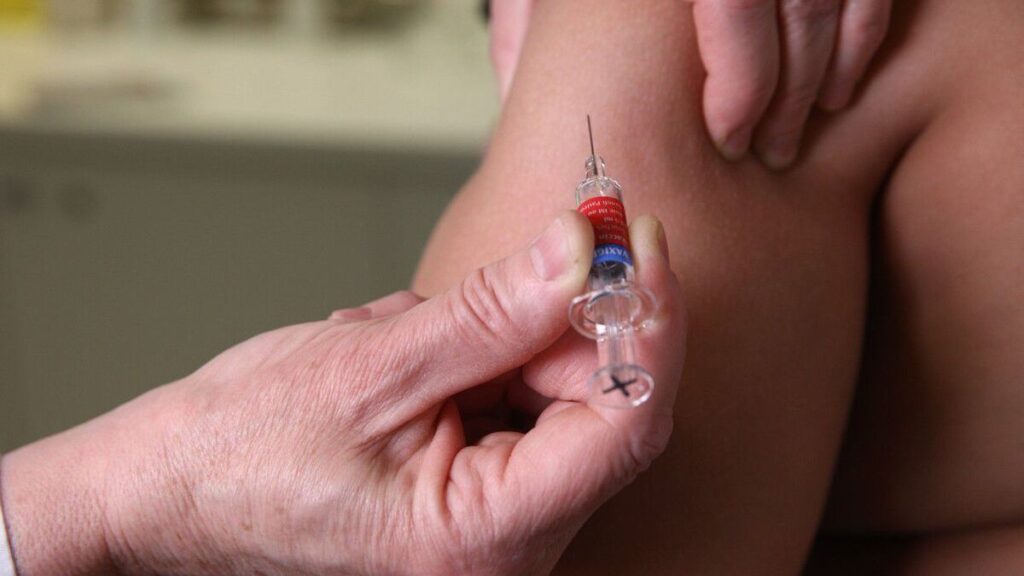
This research was carried out by the Cochrane organization which brought together many researchers. The report states that “vaccination may reduce the incidence of cervical cancer by 80% in people who received vaccination at age 16 or earlier.”
The vaccine against human papillomavirus (HPV) drastically reduces the risk of cervical cancer, especially if given at a young age, a large French study concluded Monday that confirmed the level of knowledge on the subject.
“HPV vaccination likely reduces the incidence of cervical cancer by 80% in people who received the vaccination at age 16 or earlier,” the study by the Cochrane organization concluded.
Cochrane is an organization that brings together many international researchers with the idea of conducting research aimed at providing a reference on the state of knowledge on a particular subject. The quality of this work is widely agreed upon in the medical and scientific world despite some methodological criticism.
Vaccination program for teenagers
While the benefits of anti-HPV vaccination are widely known, this sexually transmitted virus is the cause of various pathologies including, first and foremost, cervical cancer. Many countries are now implementing vaccination programs among adolescents, but are often met with reluctance amid skepticism towards vaccines.
In this context, Cochrane, which has studied this subject in the late 2010s, published two new reviews of the existing scientific literature, while many new studies have been carried out.
The first review, based only on clinical laboratory tests, concluded that these vaccines were safe but not effective against cervical cancer, because the studies lacked a time perspective. On the other hand, the second study, which collected more than 200 studies carried out to measure the impact of vaccination campaigns, clearly concluded that there was a decisive effect in preventing the appearance of this cancer.
This impact will be greater if vaccination is carried out earlier: at older ages, many young people are already exposed to the virus due to being sexually active, thereby weakening the protective effect of the vaccine.
Other cancers to target?
As for other cancers – vulva, anus, penis – associated with HPV, the vaccine appears to be effective but the evidence is of “less good quality” due to the rarity of this pathology, leading to fewer studies.
Like the first study, this study is also reassuring regarding side effects: anti-HPV vaccination “is not associated with the risk of long-term side effects, or infertility,” the researchers concluded.





